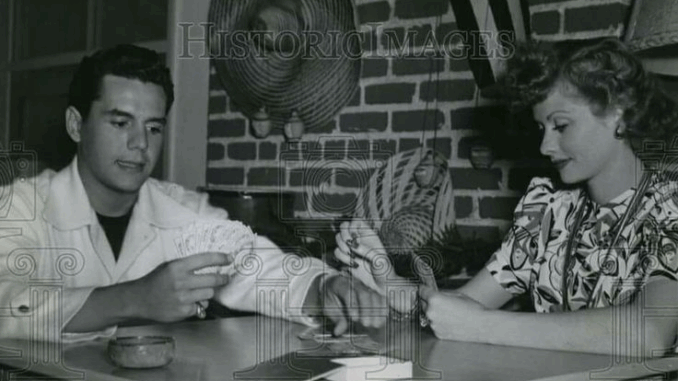
Lucille Ball is widely celebrated as one of the most influential figures in television history. Her groundbreaking work on I Love Lucy not only revolutionized comedy but also paved the way for women in entertainment, making her a true feminist icon long before the term became mainstream.
The Rise of a Comedy Legend
Lucille Ball’s journey to stardom was marked by persistence and talent. Before I Love Lucy, she had built a career in film and radio, but it was television that would cement her legacy. Premiering in 1951, I Love Lucy showcased Ball’s exceptional comedic timing, physical humor, and unique ability to connect with audiences.
Playing Lucy Ricardo, a quirky and determined housewife with dreams of fame, Ball brought humor to everyday situations while portraying a strong, relatable woman. Her performance combined slapstick comedy with emotional depth, making Lucy one of the most beloved characters on television.
Breaking Gender Barriers in Entertainment
Lucille Ball was more than just an actress; she was a trailblazer behind the scenes. In an era when television production was dominated by men, Ball became the first woman to own a major television production company—Desilu Productions. Under her leadership, Desilu produced not only I Love Lucy but also groundbreaking series such as Star Trek and Mission: Impossible.
Her role as a female executive challenged the industry’s status quo, opening doors for women in leadership positions. Ball’s influence helped reshape how women were perceived both on screen and off, proving that women could be powerful creative forces in Hollywood.
A Feminist Icon Ahead of Her Time
Lucy Ricardo’s character broke traditional gender molds by being assertive, ambitious, and full of personality. Though often involved in comedic mishaps, Lucy was never portrayed as merely a passive housewife. Instead, she was a woman with her own dreams, ideas, and flaws—reflecting the complexities of real women.
Lucille Ball’s work subtly pushed feminist ideas into mainstream culture. By depicting a woman who questioned her role and sought independence in a humorous and accessible way, she helped normalize these themes long before the feminist movements of the 1960s and 70s.
Legacy and Influence
Lucille Ball’s impact continues to resonate today. Her pioneering work set a foundation for future female comedians and producers. Countless actresses and creators cite Ball as an inspiration for her fearless approach to comedy and business.
Beyond her professional achievements, Ball’s personal story of resilience—overcoming industry sexism and personal struggles—adds to her status as a role model for many.
Honoring the Legend
Over the years, Lucille Ball has been honored with numerous awards, including multiple Emmys and a Lifetime Achievement Award. The Lucille Ball Comedy Festival, held annually in her hometown of Jamestown, New York, celebrates her enduring influence.
Statues, museums, and biographies continue to commemorate her life and career, ensuring that new generations remember not just the laughter she brought but also the barriers she broke.
Conclusion
Lucille Ball’s legacy as a comedy legend and feminist icon is inseparable from I Love Lucy. Through her groundbreaking work both in front of and behind the camera, she transformed television and society’s views on women’s roles. Her fearless humor, business acumen, and pioneering spirit continue to inspire and empower, making her an enduring symbol of creativity and equality.
